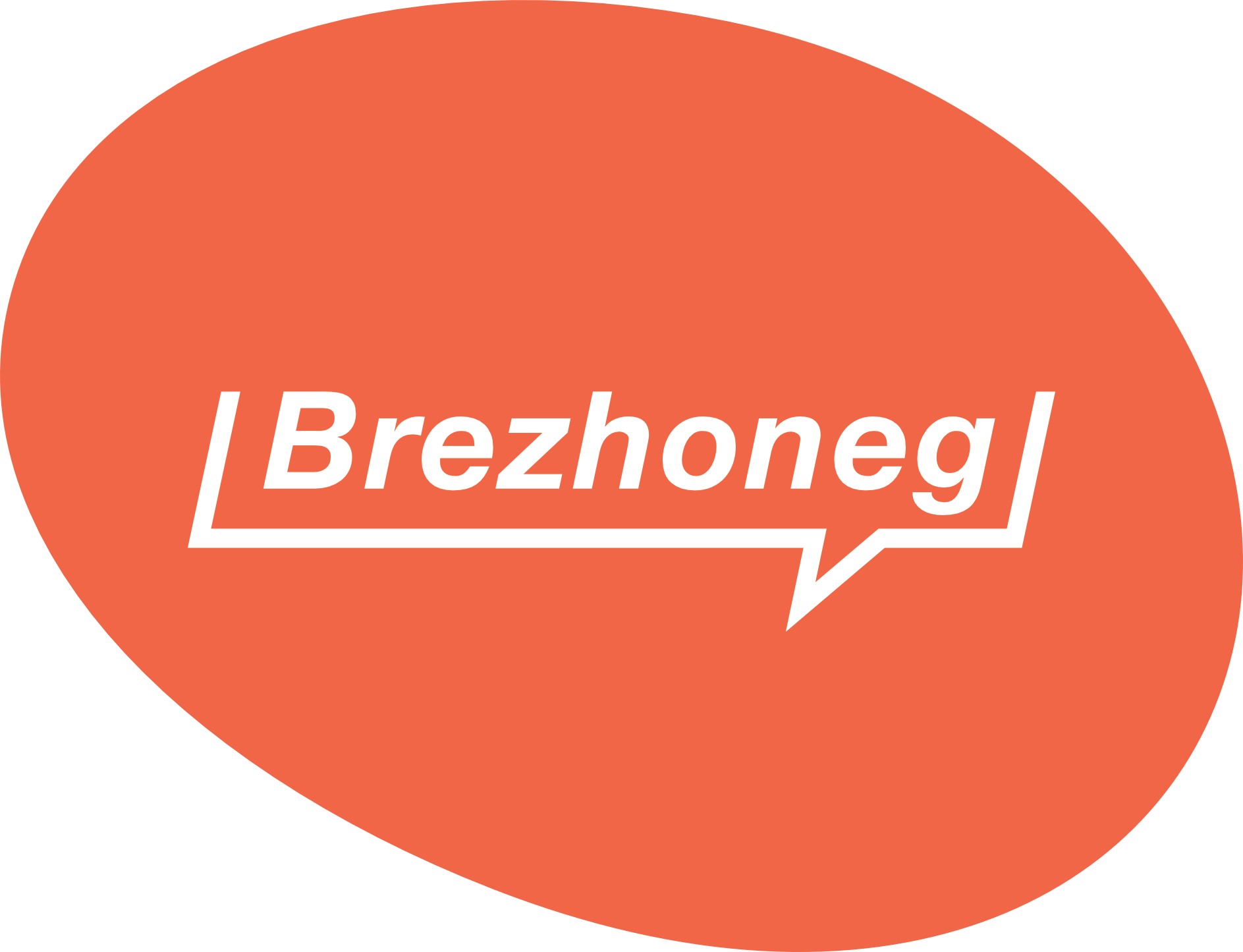Where does the Breton language come from?
The Breton language is a Celtic language that is categorised as a Brittonic language, like Cornish (British Cornwall) and Welsh (Wales). The Brittonic languages, although similar to Gaelic languages such as Irish or Scottish, differ in certain pronunciations. Together with gastronomy, customs and legends, Breton is an integral part of Breton culture.
Breton as we know it today is derived from the language of the Celtic-Britons who emigrated from the island of Great Britain. With the progressive decline of the Roman Empire in the 5th century and the appropriation of the island by various Germanic peoples (including the Angles and Saxons), a fringe of the Celtic island population left to settle in Armorica bringing with them their culture, language and customs. These “new” Celts mixed with the Celtic (Gallic) tribes already present: the Venetians, the Osismes and the Coriosolites.
Breton today
The Breton language declined sharply during the 19th and 20th centuries, mainly because of the policies of standardization and French national unity undertaken under the Third Republic. It is now considered by UNESCO as a “seriously endangered language”. However, a renewed interest and sense of belonging has been revived since the 2000s thanks to various factors, including the development of the Diwan association schools. The Office Public de la Langue Bretonne estimates the number of active speakers at 225,000 according to a TMO-Regions survey for the Regional Council of Brittany, in addition to the Office’s own figures. According to an opinion poll carried out in 2014 by Bretagne Culture Diversité, the proportion of Bretons who say they speak the Breton language very well or fairly well remains at 6%.

